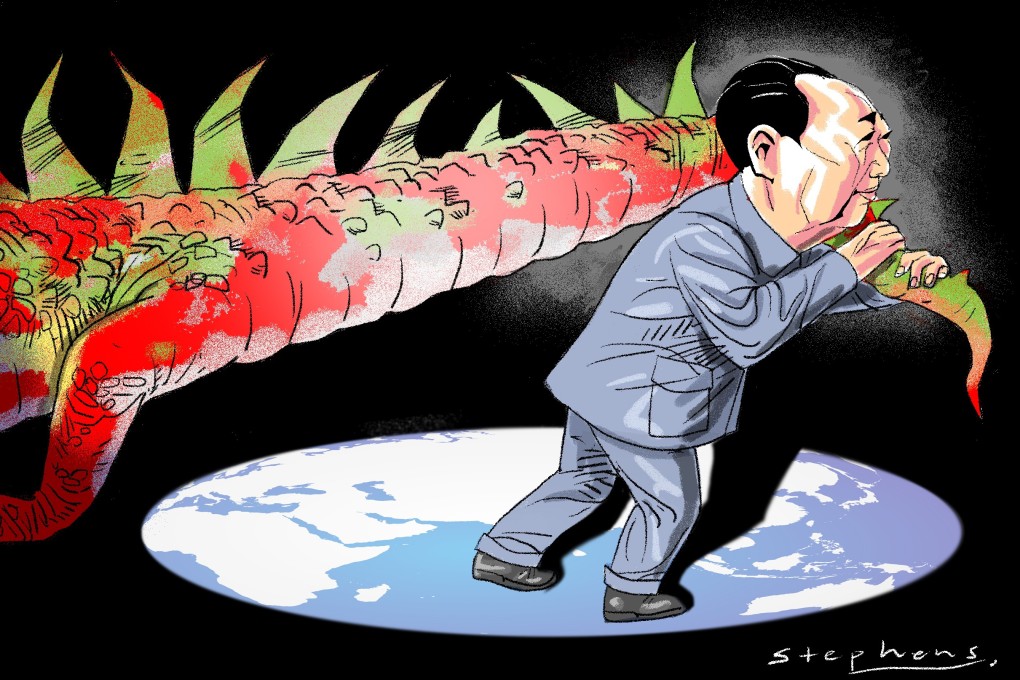Opinion | Pro-democracy activists don’t worry China. Rather, Beijing is more nervous about young Maoists
- Beijing’s raid on student activists and young Maoists reveals its anxiety about Mao Zedong’s legacy. Although Mao was dedicated to violent change, his legacy is more complex than that and he still commands respect among the Chinese

The Communist Party saw real danger in a group of twentysomethings who decided that the current regime had twisted beyond recognition the real intentions of the founder of the People’s Republic of China. That founder, Mao, is very much visible in China in the run-up to the 70th anniversary of the foundation of the People’s Republic of China. Yet the arrests of the young Maoists in China suggest that the founder’s legacy is still fluid, and subject to interpretation.
Whether in China or in the West, it’s hard to make a final judgment on just where his significance lies. How should we explain his lust for violent change?
Make no mistake, Mao did not simply express regret at breaking human eggs to make socialist omelettes. Rather, from an early age he was influenced by a sort of social Darwinism that implied transformative violence was a positive good. “A revolution is not a dinner party,” he observed in 1927. “It cannot be so refined.”
